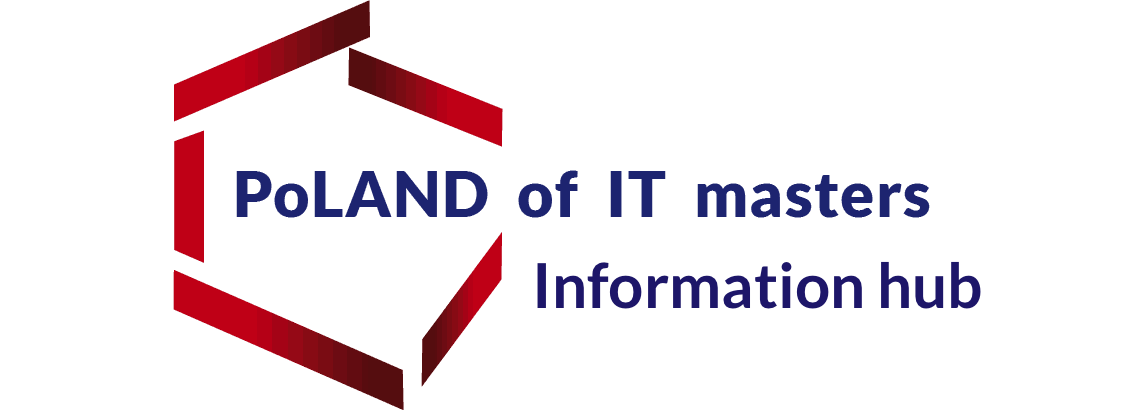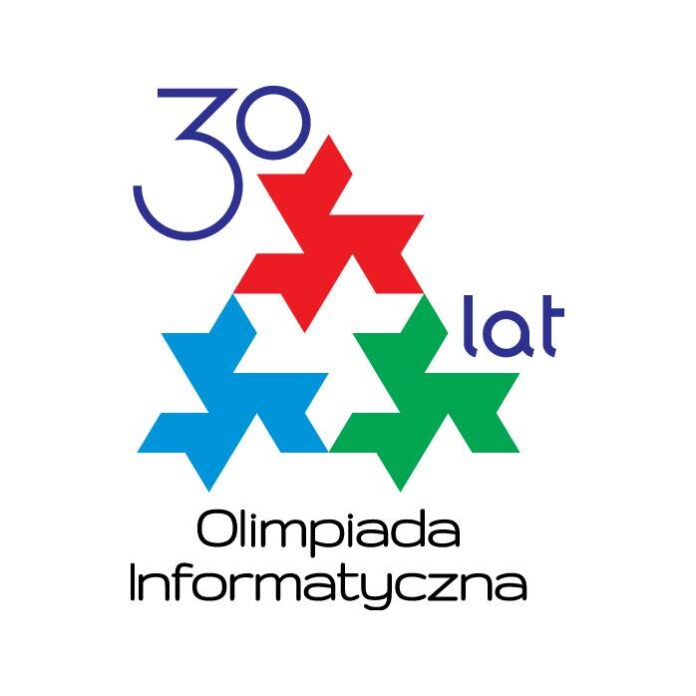Polish Olympiad in Informatics was organized for the first time in the school year 1993/94. It was the youngest subject Polish Olympiad in exact and natural sciences. Over 25,000 students have participated in it over the last 30 years. The best of them were later successful in the IOI and the ICPC.
In this year’s finals, 104 students qualified out of over 1,000 who took part in the preliminaries. Antoni Buraczewski from Wrocław was the undisputed winner. He solved all 6 tasks flawlessly and scoring 600 points out of 600 possible. Previously, he won medals not only in IOI but also in IOM. The second place went to Adam Gąsienica-Samek from Warsaw, scoring 383 points. The third to Rafał Mańczyk from Wrocław – 373 points. For the second time in history, the winners and their teachers were awarded scholarships of $400,000 financed by NASK.
International Olympiads in Information Technology
The first International Olympiad in Information Technology was held in 1989, five years before the start of the Polish Olympiad. Nevertheless, regarding the number of medals won, Poland and Romania share second place (after 123) behind China (135). In the medal classification, we are in 5th place (41 gold, 49 silver, 33 bronze). Behind China (96, 27, 12), Russia (68, 40, 12), USA (61, 38, 16), and South Korea (46, 45, 28).
Poles won the IOI twice – in 2006, Filip Wolski, and in 2007, Tomasz Kulczyński. The first of them became the winner of ICPC 2007. The second won second place in ICPC 2012. Filip Wolski is also a multi-medalist at the IOI, winning a total of 4 gold medals. It ranks him in second place in history. Ahead of Andrzej Gąsienica-Samek (3 gold and 1 silver), the winner in ICPC 2003 and Adam’s father, who took second place this year Polish OI. Next there are Marcin Andrychowicz and Jarosław Kwiecień (3 gold each).
In 2021, the European Girls Olympiad in Information Technology (EGOI) was established and initiated by Switzerland. Poland is also very successful in it. In the first edition, which took place in Zurich (Switzerland), Polish women won 2 gold, one silver, and one bronze medal a year later in Antalya (Turkey) – 1 gold, two silver, and one bronze.
The successes of Poles on the international forum are the result of effective educational activity. Every year, post-Olympic materials containing a detailed description of the tasks are published. There is also an educational portal szkopul.edu.pl containing hundreds of tasks that can be solved in real-time 24 hours a day. OI finalists also have the opportunity to participate in summer Training Science Camps and practical programming workshops.
Read more about succesess od Polish students in IOI 2021.
And about two teams from Poland, that qualified from CERC 2022 to ICPC 2023 finals.



